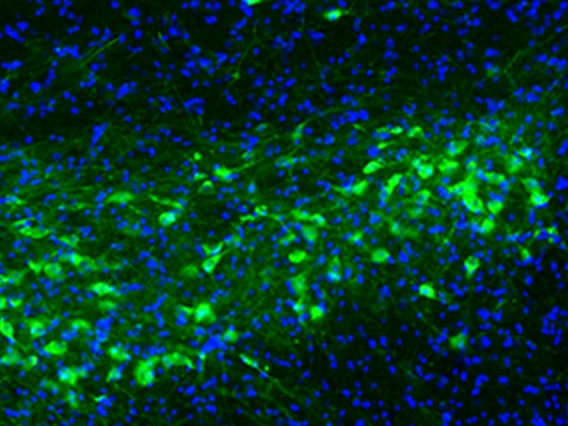IMPROVING EFFICACY AND MINIMIZING TOXICITY OF ANTI-MALARIAL DRUGS AGAINST COVID-19

Equally important to preventing new infections with the novel coronavirus is treating existing ones. Two anti-malarial drugs, chloroquine and hydroxychloroquine, are currently being investigated as COVID-19 treatments, though their utility and safety is uncertain. College of Pharmacy assistant professor Dr. Jianqin Lu and professor Dr. Xinxin Ding will use nanotechnology to improve the delivery of these drugs. Through this method, they aim to enhance drug efficacy and minimize toxicity.






